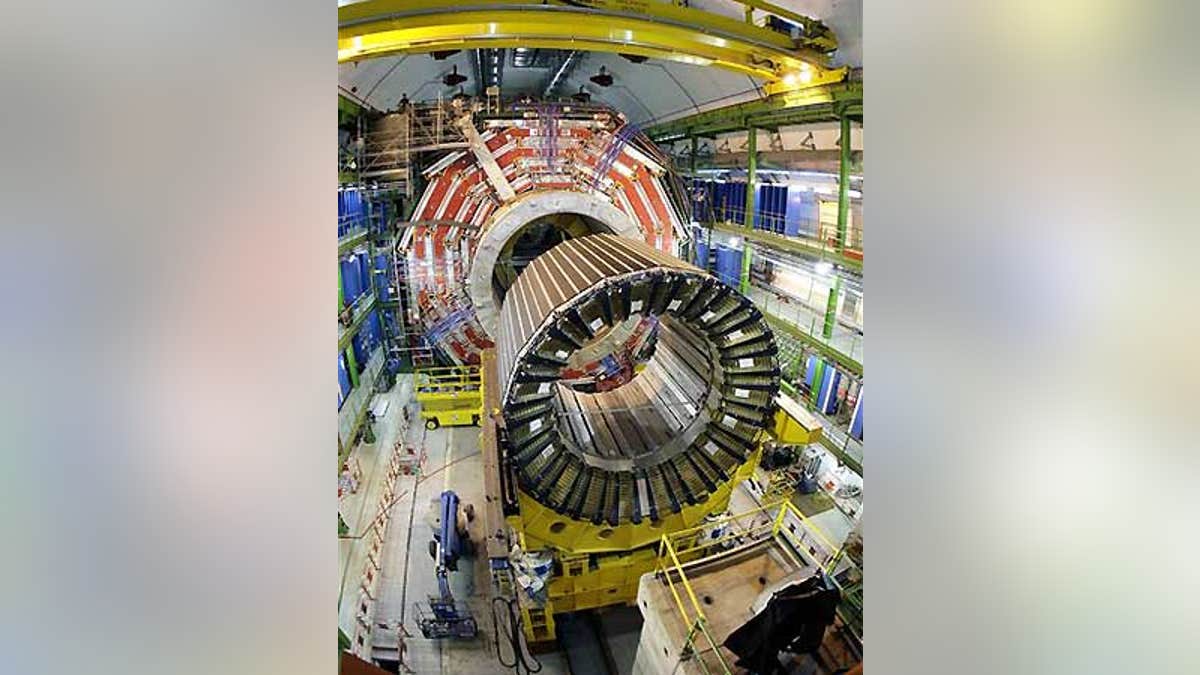
The massive machine at the center of the world's biggest scientific experiment has malfunctioned again – derailed by a bit of bread dropped by a bird.
The Hadron Collider, buried 100m under the ground near Geneva, Switzerland, is supposed to recreate conditions seen after the Big Bang. Scientists hope the $7.3 billion machine will shed light on the event that many scientists believe gave birth to the universe around 14 billion years ago, but the project has suffered a series of setbacks.
The latest saw a "bit of baguette," thought to have been dropped by a bird, fall onto machinery, causing a fault.
SLIDESHOW: The world's largest atom smasher
Sections of the machine, which fires protons round a 17-mile-long tunnel at close to the speed of light in order to smash them in to each other, then overheated. Members of the public who had been looking at data published online noticed the temperature changes and contacted journalists at The Register.
They alerted those in charge of the project at the European Organization for Nuclear Research (Cern). According to scientists, had the Collider been in operation at the time it would have shut down automatically, avoiding the damage of last September when a large amount of helium leaked into the tunnel.
But the difficulties faced by those working on the project have prompted some members of the scientific community to speculate, in all seriousness, that the machine is sabotaging itself — from the future.
The theory is that the particle that physicists hope to produce might be "abhorrent to nature," so that once created it would work backwards through time to put a stop to whatever created it. However Dr Mike Lamont, who works at the Cern control center, said that the nature of the experiment meant that glitches were inevitable.
"This thing is so complicated and so big, it's bound to have problems sometimes," he said.








































